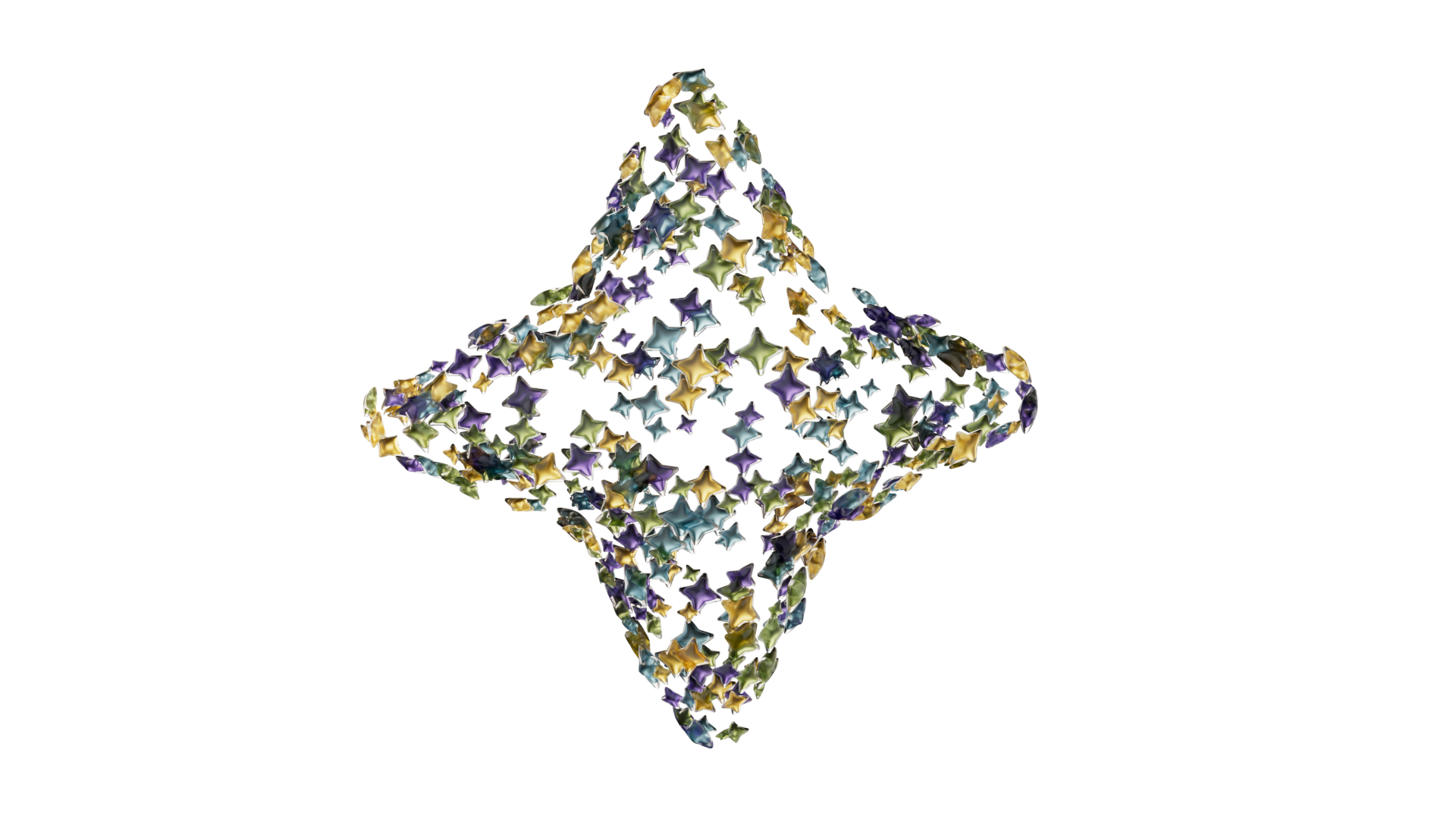Cut MTTR with an AI SRE that detects, diagnoses, and guides remediation
Mezmo’s agentic stack combines our AURA framework (in beta), Mezmo’s MCP server and your telemetry data to triage alerts, run investigations, and surface root cause with evidence - instantly and with no training required.
Today's AI SRE Agents are challenged by:
LLMs struggle to scale in observability because tokenization costs make it too expensive to summarize or query large telemetry datasets. This limits real-time insight and forces teams to keep manual workflows.
Low model accuracy amplifies alert fatigue by producing false positives or irrelevant recommendations. Engineers quickly lose trust, reverting to manual triage instead of relying on AI.
Other AI SRE agents depend on training models that can't continuously retrain or adapt to changing production environments drift over time. This leads to poor contextual understanding and incomplete analysis when new or rare incidents occure.
- Handle telemetry intelligently:
- The agent requests only the data it needs, when it needs it, across logs, metrics, and traces.
- It remembers context across steps to avoid redundant queries and saves token budget for deeper reasoning.
- Leverages Mezmo's MCP Server to analyze logs for anomalies and common error patterns, identifying root causes faster.
- Noise reduction and token optimization:
- Dedupes alert storms, clusters similar errors, and filters non-actionable signals before analysis.
- Uses query planning to minimize LLM tokens and tool calls, reducing latency and cost while improving result quality.

Smarter incident detection, diagnosis, & remediation
Auto-summarize PagerDuty alerts, fetch recent errors, correlate to latest deployes, and post a Slack briefing with probable root cause.
Cluster stack traces, diff error rates vs, baseline, and link to the commit or service change most likely responsible.
Collapse duplicates, prioritize by blast radius and SLO impact, and propose next best action.
Persist timeline, decisions, and evidence; generate a crisp shift summary in Slack.
Key capabilities for AI SRE
Enables autonomous incident triage and investigation with human oversight, maintains unified context throughout the process, and provides transparent step-by-step reasoning for every action taken.
Secure, modular tool adapters for PagerDuty, Slack, log search, metrics, and tracing, with policy-aware tool execution and audit trails.
Detects patterns and correlates changes, then generates hypothesis-driven explanations with confidence levels.
Read-only defaults with project or team-scoped configurations and environment-based keys, and supports both bring-your-own LLM or Mezmo-managed models.
Mezmo's agent uses context engineering to dynamically understand production environments in real-time without pre-trained models, enabling accurate analysis from day one for any incident without requiring retraining or model maintenance.
Detect, diagnose, and remediate faster
- ✔ Schedule a 30-minute session
- ✔ No commitment required
- ✔ Free trial available

